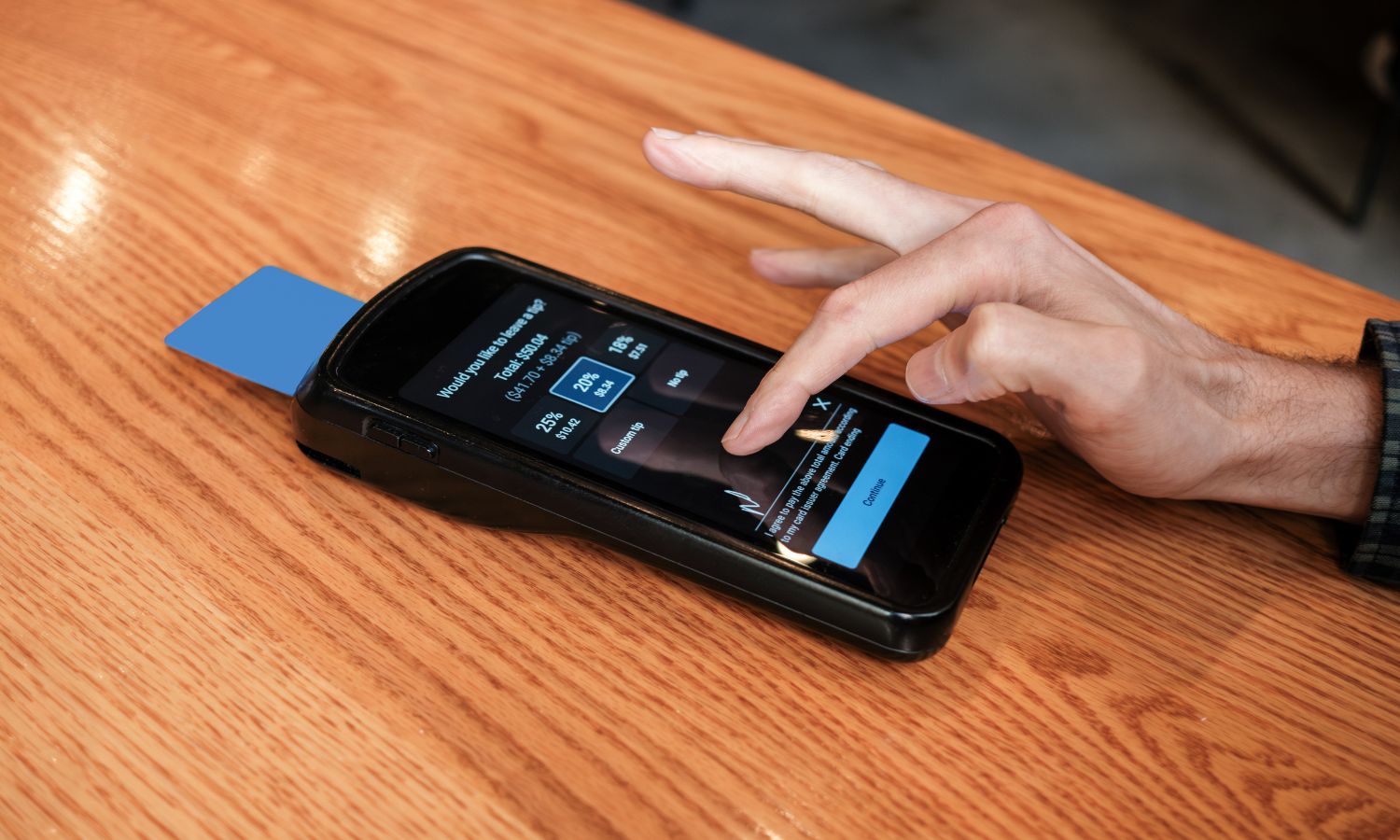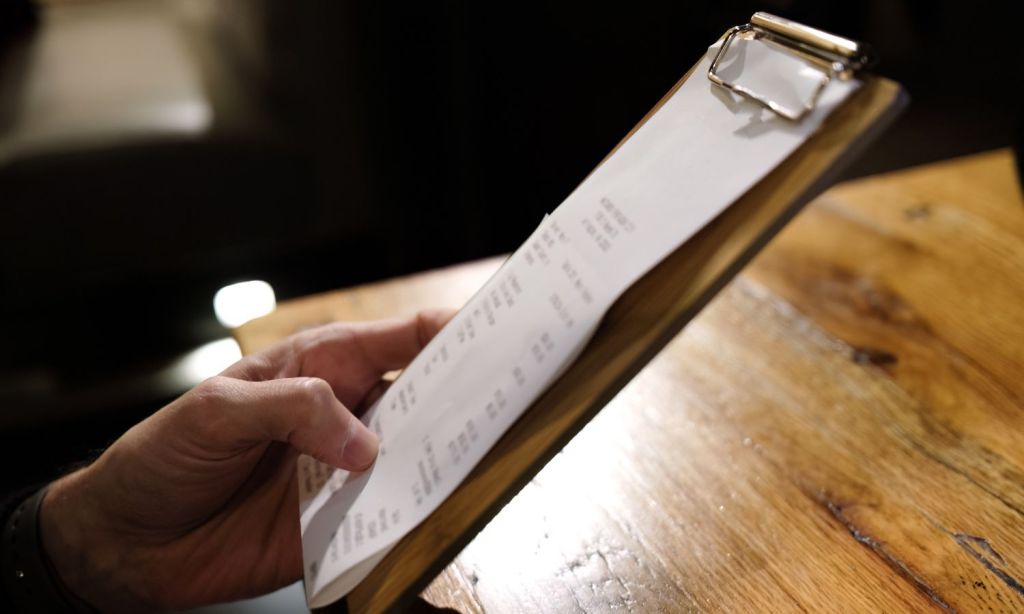Recently, I had dinner at a fine dining restaurant and wasn’t sure if I should tip. The waiter brought up the amount I owed on the card reader, tapped to the next screen, which showed various tipping amounts, and then turned his head away. I added 10%.
Despite growing up in the US where generally, if you tipped anything under 10%, sometimes even 15%, you’d be considered rude, I felt awkward about the interaction. Was I meant to tip more than 10% because it was fine dining and the service had been great? Or did I not need to tip at all, as I could rest assured the staff were all adequately compensated for their work?
I’m not alone in finding the topic of tipping awkward. I reached out to a handful of restaurant PRs to see if a chef or owner they repped might be keen to comment for this story. All apart from one declined. I get it. You say diners should be tipping and you risk them not being happy. You say diners shouldn’t be tipping and you risk your staff not being happy.
David Cooper, co-owner of Sydney’s Ouzo Bar and Dining and Tommy’s, says he’s seeing tipping culture in Australia change, but not how I would’ve thought. He said he’s seeing people tipping a lot less than they used to.
“I think the biggest factor is less use of cash, more use of cards and phones to pay,” he says. “This means that when someone would have previously just left the change as a tip, now they pay the exact amount electronically. On top of that, cost of living is high, meaning people have less disposable income and so tip less.”
Cooper says if a diner receives good service, gets good recommendations from their waiter and has a good time, then 10% tip is fair. On the flip side, if the service is poor or you’ve ordered through a QR code then no tip is necessary.
Not long after my fine dining restaurant visit, I came across a TikTok by a creator who shared her hot take on the topic. Like me, she thinks tipping in Australia has increased in recent years. “Um, Sydney, when did tipping become a thing that you’ve all of a sudden decided that you do?,” Phoebe Parsons (@phoebeparsons__) asked.
“Everywhere now. I am in Sydney for the weekend and I haven’t been here for a couple months and anytime I’ve gone to buy anything in like a café or bar or restaurant or even takeaway coffees, it automatically comes up as, ‘Do you want to tip five, 10, 15, 20%?’.”
In the clip, Parsons says she didn’t tip because she thinks staff are simply doing the bare minimum their job requires. She says that in the US, staff earn less than minimum wage so tipping is required. In Australia, staff earn a good amount of money per hour so it shouldn’t be.
When I reached out to Parsons, she clarified that she was against adding a tip via QR code before she’s even tried the food or drink. Also, for her, the rising cost of living makes dining out already feel like a luxury so tipping shouldn’t be factored in on top of that. Plus, there are often weekend surcharges and merchant fees she’s already shelling out for.

“I know business owners are doing it tough right now,” she wrote me. “But I have questioned where the tips from QR codes go. Is the owner pocketing them? Are they split evenly among the staff who were on shift? Or does it go directly to the bartender who gave me extra olives in my Aperol Spritz?”
She said she’s all for rewarding great service but that QR code ordering shouldn’t require a tip. All that said, on her recent Sydney trip, her partner tipped a staff member at a café who had kindly stored the couple’s suitcases in the backroom while they lunched.
“If the effort goes beyond pouring a drink or scribbling ‘extra hot cap’ on a cap, I’m totally down to tip,” she wrote me.
Bottom line? it’s clear tipping culture in Australia remains a contentious topic with varying opinions on its necessity and appropriate amounts. I’ve only showcased three points of view here. Ultimately, the decision of whether to tip and how much is personal, influenced by individual experiences and personal finances.
One thing’s for sure though: as consumer behaviours and cultural norms change and the industry adapts, we need to be having open and transparent conversations about tipping practices. These talks will help to ensure restaurant staff are fairly compensated and customers have a positive dining experiences. Unfortunately, I don’t see tipping not being a taboo topic anytime soon.
Related: This Will Be the Most In-Demand Seat in Restaurants
Related: You Could Soon Find More Than Olives and Onions in Your Cocktails
Read more stories from The Latch and subscribe to our email newsletter.




